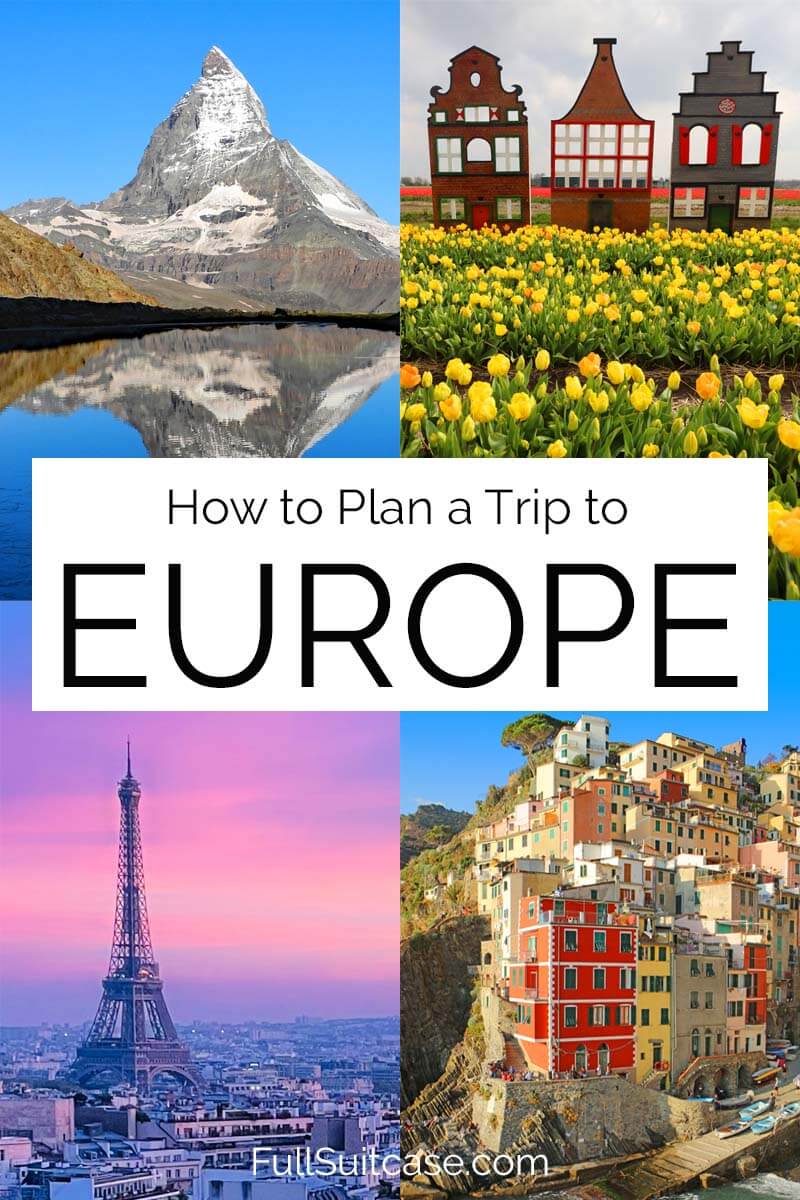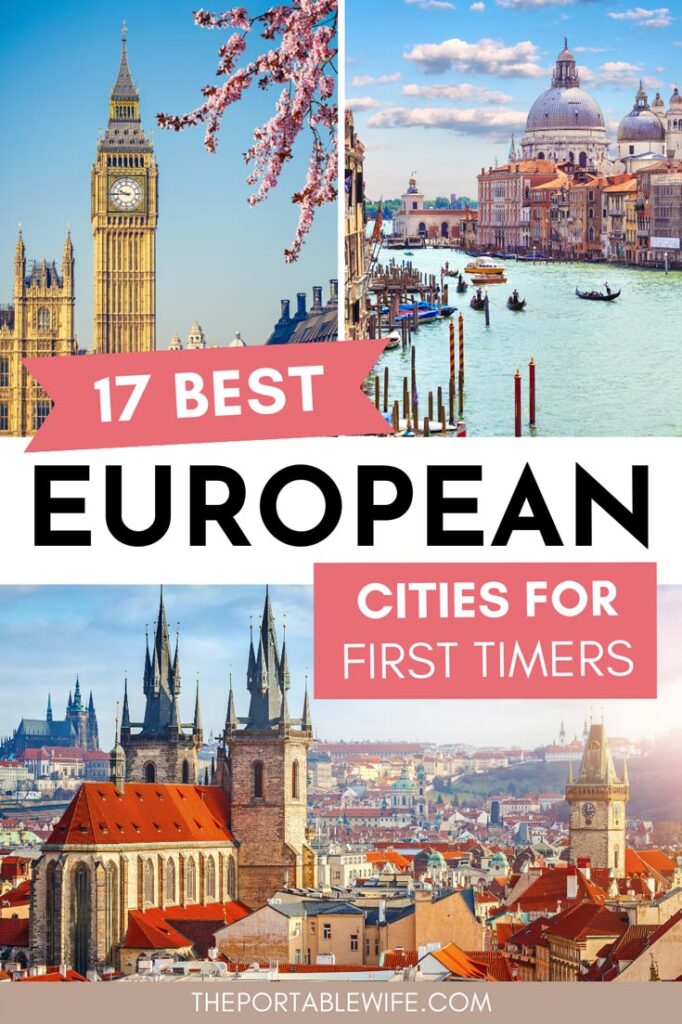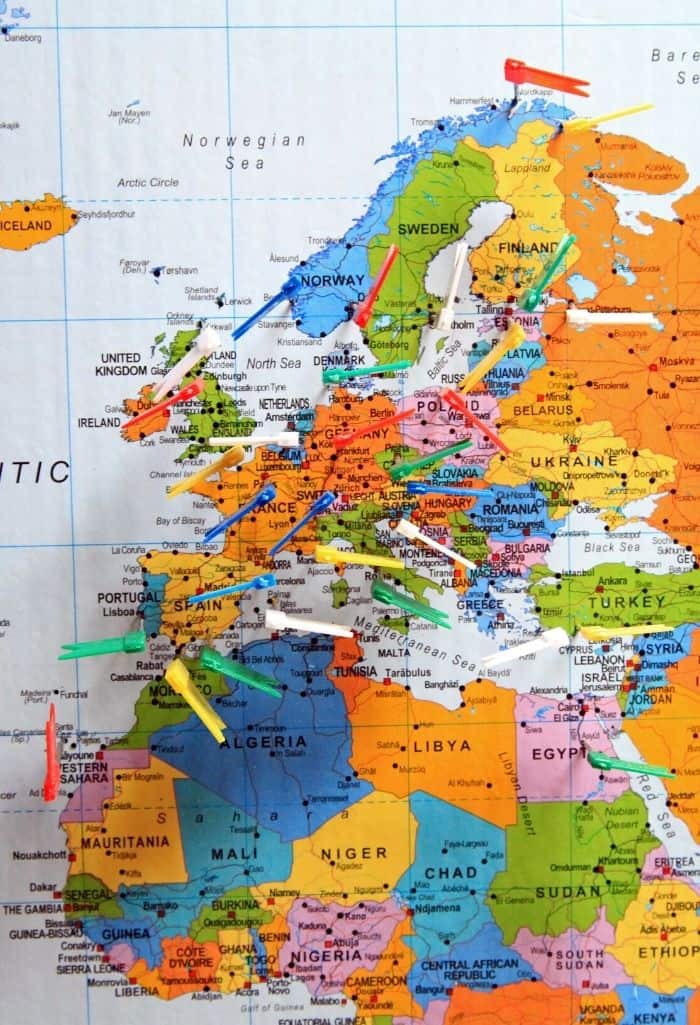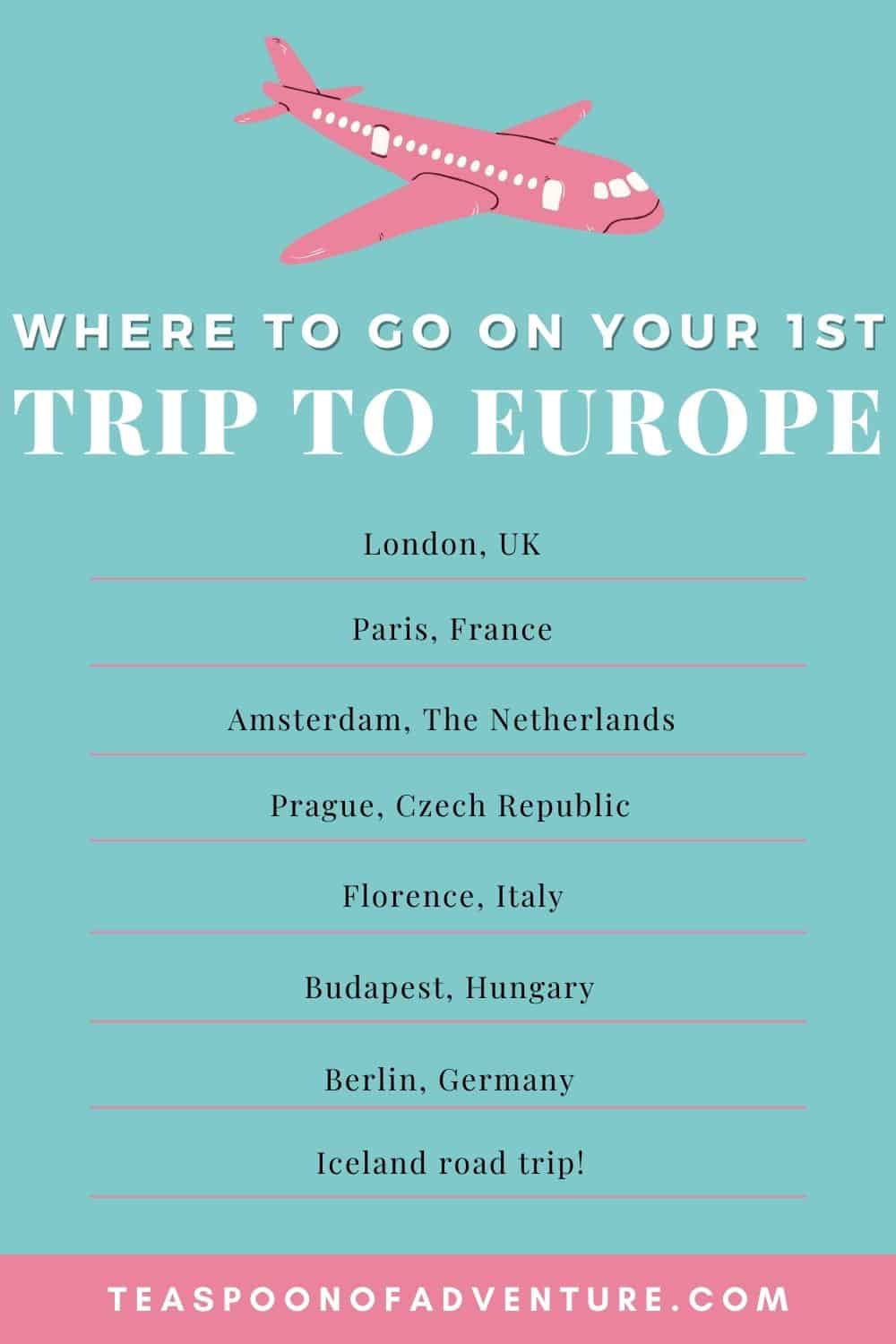Traveling to Europe for the first time can be an exhilarating and slightly daunting experience. With its rich tapestry of history, culture, and diverse landscapes, Europe has something to offer every traveler. Whether you’re wandering the romantic streets of Paris or savoring a gelato in Rome, your first European adventure will be unforgettable. In this comprehensive guide, we’ll cover everything you need to know, from planning your itinerary to discovering must-see destinations.
Table of Contents
- Planning Your Trip
- Best Time to Visit Europe
- Popular Destinations for First-Time Travelers
- Travel Tips for First-Time Visitors
- Pros and Cons of Traveling to Europe
- FAQs
- Final Thoughts
Planning Your Trip
Planning is crucial for a successful trip to Europe. Here are some key steps to get you started:
1. Set a Budget
Your budget will determine where you can go and what you can do. Europe can be both affordable and expensive, depending on the country and your travel style.

2. Choose Your Destinations
With so many countries and cities to choose from, it’s essential to narrow down your list. Consider your interests—are you more inclined towards history, art, nature, or a mix?
3. Create an Itinerary
Once you’ve chosen your destinations, plan your itinerary. Aim for 3–5 days in each location, especially for major cities like Paris, Rome, and Amsterdam. This will give you enough time to explore without feeling rushed.

Best Time to Visit Europe
The best time to visit Europe largely depends on what you want to experience:

- Spring (March to May): A great time for pleasant weather and fewer crowds. Cities like Amsterdam are stunning with blooming tulips.
- Summer (June to August): Peak tourist season. Expect warmer weather but also larger crowds and higher prices.
- Fall (September to November): Ideal for fewer tourists, mild weather, and beautiful autumn foliage. Festivals occur in many cities during this time.
- Winter (December to February): Magical Christmas markets, cozy atmospheres, and fewer tourists. Perfect for those who enjoy winter activities.
Popular Destinations for First-Time Travelers

Here are some must-visit destinations for first-time travelers:
1. Paris, France
Known as the “City of Love,” Paris is famous for its iconic landmarks like the Eiffel Tower, Louvre Museum, and Notre-Dame Cathedral. Enjoy a leisurely stroll along the Seine River and indulge in delicious pastries at local patisseries.

2. Rome, Italy
The Eternal City is rich in history, from the Colosseum to the Vatican. Don’t forget to toss a coin into the Trevi Fountain for good luck!
3. Barcelona, Spain
Barcelona combines stunning architecture (like Gaudí’s Sagrada Familia) with vibrant culture. Enjoy tapas and explore the lively streets of La Rambla.

4. London, England
With its mix of history and modernity, London offers attractions like the Tower of London, Buckingham Palace, and the British Museum. Don’t miss a ride on the iconic double-decker bus!
5. Amsterdam, Netherlands
Amsterdam is known for its picturesque canals, art museums, and vibrant nightlife. Rent a bike to explore the city like a local!

Travel Tips for First-Time Visitors
1. Use Public Transport
Most European cities have efficient public transport systems. Consider getting a travel card for unlimited travel, which can save you both money and time.
2. Learn Basic Local Phrases
While many Europeans speak English, learning a few basic phrases in the local language can enhance your travel experience and show respect for the culture.
3. Stay Connected
Consider getting a local SIM card or an international phone plan to ensure you can navigate and communicate easily during your travels.
4. Pack Light
Europe’s cobblestone streets and uneven pavements can be challenging with heavy luggage. A carry-on should suffice for most trips.
5. Embrace the Culture
Every country has its customs and etiquette. Be open-minded and respect local traditions, be it dining etiquette or greeting locals.
Pros and Cons of Traveling to Europe
Pros
- Rich history and culture
- Diverse landscapes and cuisines
- Wide range of activities and attractions
- Excellent public transportation
Cons
- Can be expensive (depending on location and season)
- Crowds during peak tourist season
- Language barriers in some areas
FAQs
1. What are the visa requirements for traveling to Europe?
Visa requirements depend on your nationality and the countries you plan to visit. Many travelers from the U.S., Canada, and Australia can enter the Schengen Area without a visa for short stays.
2. How much money should I budget for a week in Europe?
On average, budget travelers can expect to spend around $700-$1,500 per week, while mid-range travelers may spend $1,500-$3,500 depending on their preferences.
3. Is it safe to travel in Europe?
Europe is generally safe, but it’s wise to stay vigilant against pickpockets in crowded areas and to follow local advice regarding safety.
4. Can I visit multiple countries in one trip?
Absolutely! Europe is well-connected, making it easy to travel between countries by train, bus, or low-cost flights.
5. What is the best way to get around Europe?
Trains are often the best way to get around, although buses and budget airlines can be more economical. Consider a Eurail pass if you plan to travel extensively by train.
Final Thoughts
Your first trip to Europe is bound to be an adventure filled with memories you’ll cherish forever. With proper planning, a spirit of adventure, and a willingness to immerse yourself in new cultures, you’re sure to have an incredible experience. Embrace the unexpected, meet new people, and taste the local cuisine. And remember, every journey begins with a single step—so grab your passport and get ready for the trip of a lifetime!